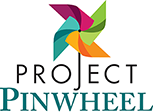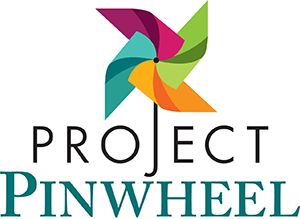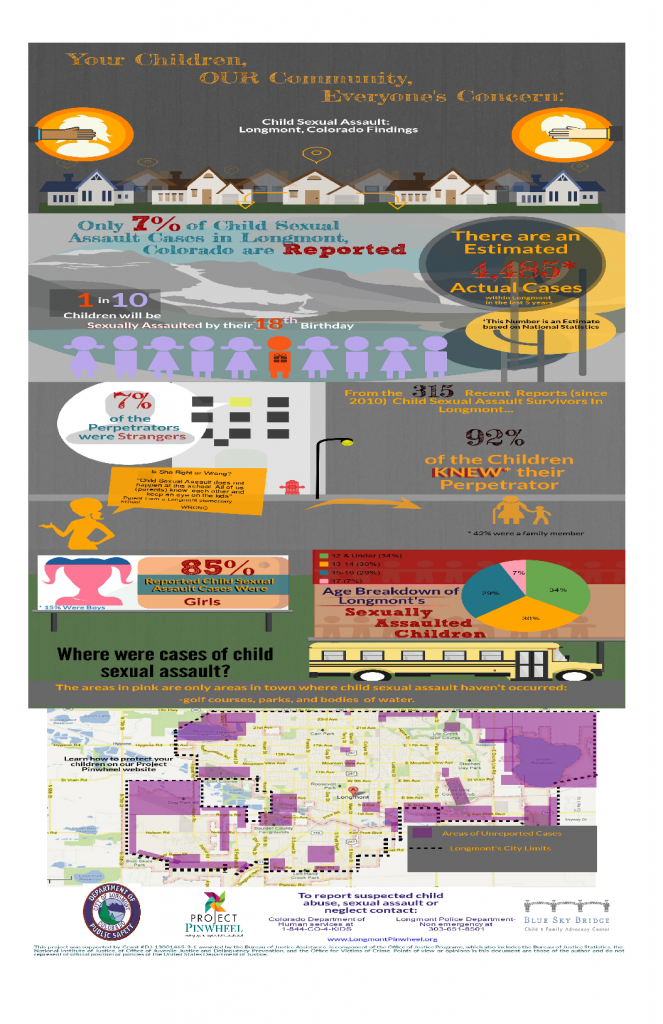The Adverse Childhood Experience (ACE) Study is one of the largest investigations ever conducted on the links between childhood maltreatment and later-life health and well-being. Conducted by the federal CDC and Kaiser Permanente, the nation’s largest HMO, the study found that of 17,000 members surveyed, 16% of men and 25% of women indicated they had experienced unwanted sexual contact with an adult or older child when they were children. This supports other previous studies in which 1 in 4 females and 1 in 6 males reported having experienced some form of sexual abuse or exploitation before age 18. These reported numbers pale in comparison to the actual incidence given that only 1 in 10 children report the abuse.
Victims include infants, toddlers, young children and teens. Nationally, Children ages 8 to 11 comprise the largest number of sexually abused children while teens from 14 to 17 represent a third of victims. The fastest growing age group experiencing sexual abuse is children 6 and under. Children with physical and mental disabilities are especially vulnerable.
These numbers are similar to what we are seeing in our community.
Are Some Kids More at Risk?
No one wants to believe a child they love is at risk of being abused. The truth is no child is immune to abuse. However, there are some “risk” factors that increase the likelihood a child could be victimized. Please don’t read this list below and discount the threat because your child doesn’t fit into one of “these” categories. Nothing could be further from the truth.
- Children coming from “broken homes” (for example those living with step-parents or a single parent) have a higher risk of being abused in comparison to children living with two married biological parents.
- Living with a parent’s new partner. Children who live with a single parent that has a live-in partner are at the highest risk: they are 20X more likely to be victims of child sexual abuse than children living with both biological parents.
- Witnessing bad things. Children who witness or are the victims of other crimes like domestic violence are significantly more likely to be sexually abused.
- Perpetrators often seek out passive, lonely or troubled children or those who are particularly trusting.
- Being female….females are 5X more likely to be abused than males.
- Unemployed parents – The risk for sexual abuse is tripled for children whose parent(s) are not working.
- Children living without either parent (foster children) are 10X more likely to be sexually abused than children that live with both biological parents.
- Living in rural areas increases the risk twofold.
Will they be okay?
Victims of child sexual abuse often experience feelings of confusion, guilt, shame and anger about what happened to them. They feel responsible for the abuse. Survivors of child sexual abuse relate feeling robbed of their right to a safe and healthy childhood. They describe feelings of hopelessness, difficulty trusting others, low self-esteem, and self-destructive behaviors. Many suffer into adulthood with depression, anxiety, post-traumatic stress disorder, relationship problems, and further physical or sexual victimization.
With support from loved ones and/or help from professionals, many survivors do find hope and healing. However, children who are sexually abused and who can’t tell anyone or don’t receive appropriate help when they do tell, are at far greater risk than the general population for emotional, social and physical problems.
Without appropriate help as children to cope with their traumatic feelings, many turn to alcohol, drugs, tobacco, overeating, or promiscuous sexual behaviors. Once these self-destructive behaviors begin, it opens a child up to a negative spiral of failure, loss, academic problems, delinquency and pain. With early identification and intervention their victory over the pain can create a resilient, healthy and compassionate adult.
How Will I know?
Hopefully you’ll find out before actual abuse happens. Fostering open, frequent and non-judgmental communication will increase the odds your child will share when something or someone makes them uncomfortable. Unfortunately, given the adult vs child power differential and use of threats, intimidation and bribes by abusers, many children don’t speak of their abuse. Other factors such as being afraid of breaking up the family, believing the abuse is their fault or that they won’t be believed also contribute to silence. In the face of silence, there are some physical and behavioral signs that a child is experiencing trauma.
Unexplained or new:
- Nightmares
- Sleep Problems
- Fears
- Stomach aches or other physical complaints
- Personality changes –moody, angry, withdrawn, clingy
Acting out sexually:
- Play, writing or drawing that includes sexually explicit imagery
- Uses adult words for body parts/sexual actions
- Engages in adult-like sexual activity with toys, objects or other children
New/Odd Behaviors:
- Acting like a younger child (bedwetting, thumb sucking, baby talk)
- Resistant to cleanliness (baths, toileting, changing clothes)
- Secretiveness
- Self-harm (cutting, burning, substance abuse)
Please be aware that some of these signs may be present in cases of divorce, arrival of a new sibling, death of family member or pet, stress at school or other situational circumstances.


